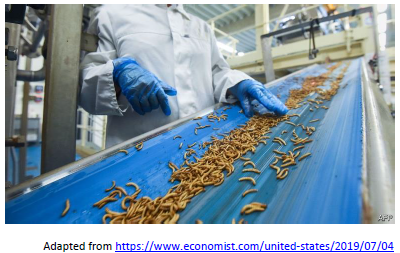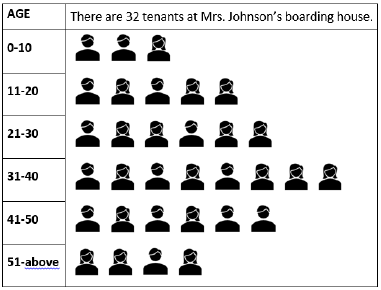What about the artists?
The Guardian - Wed 14 Oct 2020
The government is deaf to the plight of freelance musicians and othercreatives
On Monday, a number of British arts organisations finally heard whether they had received grants from the £1.57bn bailout fund announced in July by the chancellor, Rishi Sunak. Not a moment too soon, institutions such as Wigmore Hall in London, Bristol Old Vic and the City of Birmingham Symphony Orchestra have been given a cash bufferthatshould keep them alive until March.
The welcome announcement has been marred, though, by the failure of the government to address the question of freelancers and self-employed people in the arts. In an interview with ITV last week, Mr. Sunak was asked what he thought professional musicians ought to do, given that they can’t earn enough to live. He answered that up to 3 million people in the country qualified for help under the self-employed support scheme. Pressed on whether musicians oughttofind differentwork, he mentioned retraining schemes that are "providing new and fresh opportunity”. People must adapt, he said. He added that it was untrue that there was no work for musicians. Music lessons, in his own household at least, were still going on.
The interviewer’s question was specifically about musicians - a third of whom have been ineligible for the selfemployed support scheme. So even if, as he later asserted, Mr Sunak was talking about the workforce as a whole rather than cultural workers in particular when he spoke of the need to retrain, he certainly gave a strong impression of indifference to and ignorance of musicians’ plight. This was reinforced on Monday when a government-backed advertisement went viral, launching hundreds of derisive parodies. Aiming to recruit workers into cybersecurity roles, it showed a dancer doing up her ballet shoes. It read: "Fatima’s next job could be in cyber (she just doesn’t know it yet)”.
The culture secretary, Oliver Dowden, was forced to condemn the advertisement as "crass” as his day of good news descended into farce and contumely. The government seems unable to grasp that putting money into the arts infrastructure is only part of the solution; creatives themselves need to be helped to survive economically too. Though some institutions are putting work on stage - and will be helped to do so in the months to come by the rescue package - these events will necessarily be small-scale, representing a drop in the ocean compared with the industry working at full tilt.
New digital business models are being explored, but they are in their infancy and are not going to pay next month’s rent. Moreover, performance dates in the diary - that is, employment opportunities for freelancers - amount to perilous bets against the future course of the virus. As infections soar, organisations are bound, quite rightly, to be cautious, particularly in the face of the catastrophic failure of the government’s test-and-trace scheme.
Meanwhile, musicians and others are certainly "adapting” - often to unskilled, low-paid work, though there is not much of that to go around. The government’s continued implication that musicians and other creative workers - many of whom have trained since childhood for some of the most demanding, competitive and highly skilled work in the economy - are somehow not "viable” is both insulting and ignorant. Underlying Mr Sunak’s remarks was the tired old Tory notion that creative jobs are not "real jobs”, and are undertaken by some fantastical species who are not, in fact, real people. Perhaps the chancellor should ask his family’s music teacher what it’s really like for artists right now - and actually listen to the answer.
Source: The Guardian, available at https://www.theguardian. com/commentisfree/2020/oct/14/the-guardian-view-on-saving-thearts-what-about-the-artists, accessed on October21st, 2020.
Considering the expression of happenings in the past, verbs vary following time precision or imprecision. The example extracted from the editorial that reflects unspecified time is:



